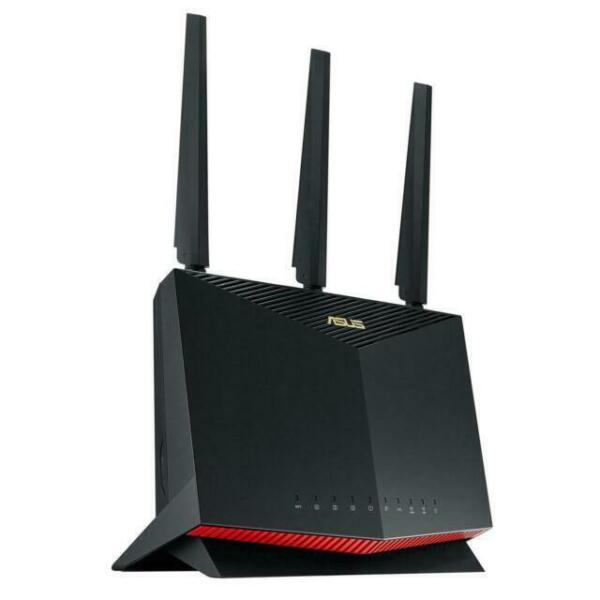Hello!
I would like to ask for help in choosing a router.
■ In what environment (number/material of walls, distances, levels, neighbors) would it be used?
I want to cover an area of roughly 60 square meters with it. The maximum number of walls between my devices and the router are 2 concrete walls of 10 cm. The building has 1 floor and has 4 neighbors.
■ How many and what kind of client device/adapter would you use? How many of these are phones, tablets or laptops that know the AX (WiFi 6) standard?
About 20-25 devices wireless - half of them are AX
3 wired at the moment, but I would like to transfer 1-2 more wireless devices to wired, so I will also need a switch.
■ What net speed should the device be used with?
Gigabit
■ What other requirements do you have for the router?
Basically, I'm looking for a solution that perfectly serves the gigabit internet in the current apartment. We are moving to a bigger house in about 2 years, so I would like the system to be expandable with another router / ap.
It is important that I also use apple devices, where my AC87U router was sometimes not perfect, it was not stable.
From now on, please note that I stream 4K movies from a Synology NAS (Synology ds 218+) via cable to the TV using Plex and I want to use the remote control service for the PS5, i.e. play remotely on the PS. + downloads go day and night :R
Tank you
I would like to ask for help in choosing a router.
■ In what environment (number/material of walls, distances, levels, neighbors) would it be used?
I want to cover an area of roughly 60 square meters with it. The maximum number of walls between my devices and the router are 2 concrete walls of 10 cm. The building has 1 floor and has 4 neighbors.
■ How many and what kind of client device/adapter would you use? How many of these are phones, tablets or laptops that know the AX (WiFi 6) standard?
About 20-25 devices wireless - half of them are AX
3 wired at the moment, but I would like to transfer 1-2 more wireless devices to wired, so I will also need a switch.
■ What net speed should the device be used with?
Gigabit
■ What other requirements do you have for the router?
Basically, I'm looking for a solution that perfectly serves the gigabit internet in the current apartment. We are moving to a bigger house in about 2 years, so I would like the system to be expandable with another router / ap.
It is important that I also use apple devices, where my AC87U router was sometimes not perfect, it was not stable.
From now on, please note that I stream 4K movies from a Synology NAS (Synology ds 218+) via cable to the TV using Plex and I want to use the remote control service for the PS5, i.e. play remotely on the PS. + downloads go day and night :R
Tank you




